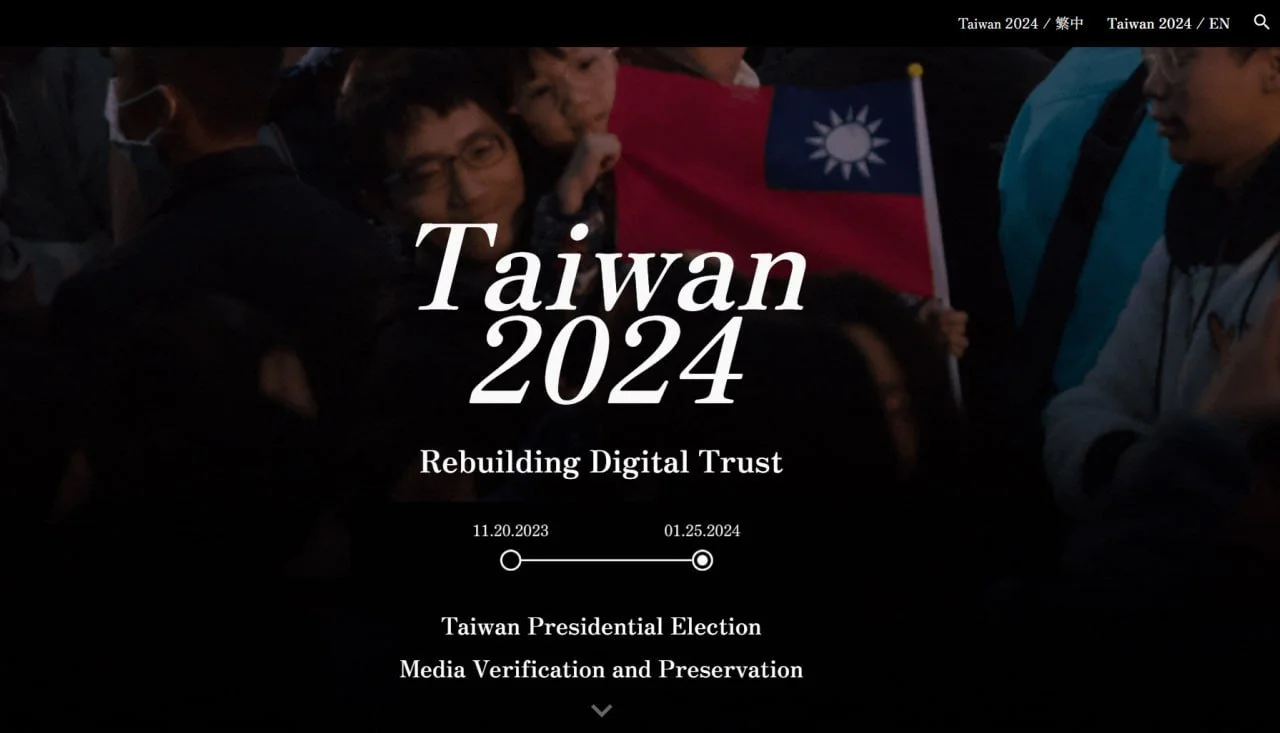Numbers Protocol Helps Governments Turn to Blockchain to Ensure Public Access and Provenance
The goal is to preserve history using blockchain

Over the past two weeks, the people of Taiwan have been protesting the controversial legislative reform bill that gives the government more oversight and investigative powers. During the protests, legislator Dr. Ju-Chun (JC) KO, uploaded the motion to amend the Congressional Reform Act to the blockchain for the public to access.
Vera Wu, the chief operating officer of Numbers Protocol – the technology Ju-Chun used – said his intention were to provide authenticated and verified content directly to the public to encourage civic participation. “It’s a tricky situation in Taiwan with Chinese influence,” Wu said. “Blockchain technology can ensure content isn’t tampered with, manipulated or removed.”
Numbers Protocol, the decentralized tool to prove digital content provenance, is supported by Google’s program to help small to midsize publishers tack digital transformation as well as NVIDIA’s accelerator Inception. The protocol is also working to support media outlets and the public to verify election results and the legitimacy of images, videos, audio and files by being integrated into official websites and media outlets.
The solution is much more than image verification, Wu said in an interview with Decential. It’s using decentralized storage for election results and sensitive digital records.
“We’ve worked with Reuters and Starling Lab to help them archive the 2020 U.S. presidential election to document the 78-day transition between Donald Trump and Joe Biden, creating a photographic archive of trust,” she said.
“The goal is to preserve historic moments for future generations on the blockchain because digital content can easily vanish,” Wu said. “We assume what we upload to the Internet will always be there, but it might not be.”
Wu hopes to see more jurisdictions use cryptographic methods for media verification and digital preservation, especially where there’s political and civic unrest. “Cryptography will help reduce the chaos on the Internet,” she said. The 2024 Taiwanese, Indian and Indonesian elections have been archived.
While Wu applauds other uses of technologies such as the Russia2024 polling app, she said visual evidence such as images and videos also need to be stored on a decentralized network.
“We tried to find a local media partner in Russia during the presidential election, but it wasn’t easy,” she said. They also work with independent journalists, which Wu believes is a way to enter regions such as Russia.
Truth and trust are the bedrocks of a functioning society, and leveraging cryptographic methods to create irrevocability might be blockchain’s biggest use case.

